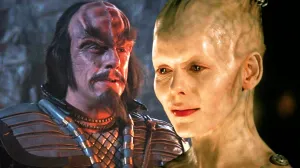Articles
3 Worst Star Trek: The Original Series Characters We’ll Never Forget
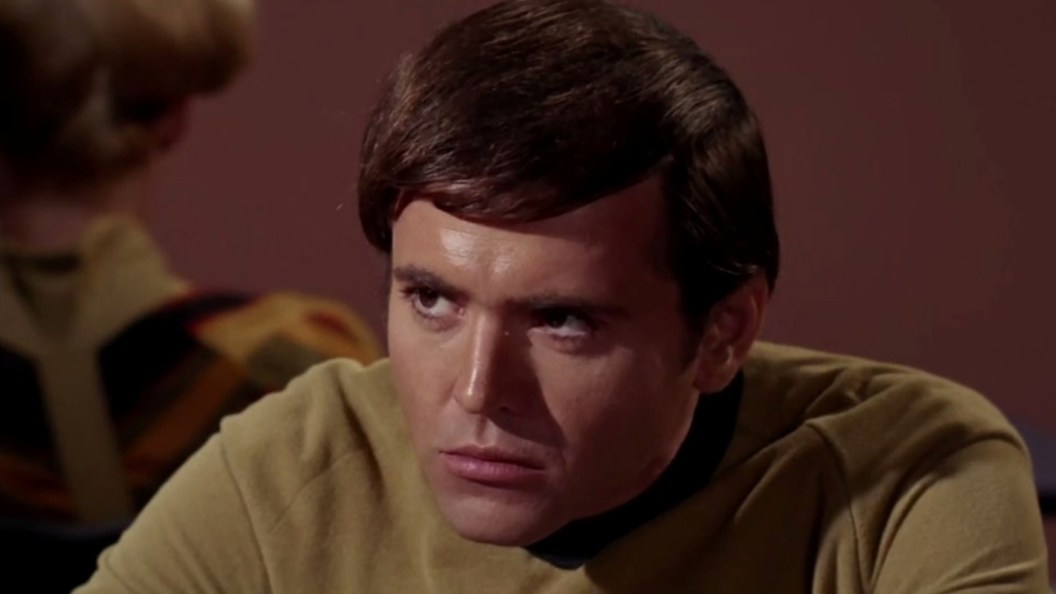
When fans discuss Star Trek: The Original Series, it’s usually with fond nostalgia. Much of what sci-fi is today can be attributed to Gene Roddenberry and his 1960s hit series. But even the most devoted Trekkie (or Trekker, if you prefer) knows that not every star in the galaxy shines bright. Amidst the tapestry of iconic characters like Spock and Uhura, there were a few faces whose recurring or single-episode appearances left much to be desired. In some cases, dated writing is to blame, while others flopped due to acting choices or unfortunate concepts.
Yet even if there were some misfires, we’ll never forget even the worst of TOS. Part of what makes The Original Series such a fascinating artifact is how it can soar to philosophical heights one week and crash-land into disaster the next. From tone-deaf romance to doppelgänger meltdowns, the worst of TOS is often so bad it’s good, providing laughs or a window to the past at the very least. Even if we can’t necessarily forgive these three characters, we’ll certainly never forget them.
3) Lt. Marla McGivers
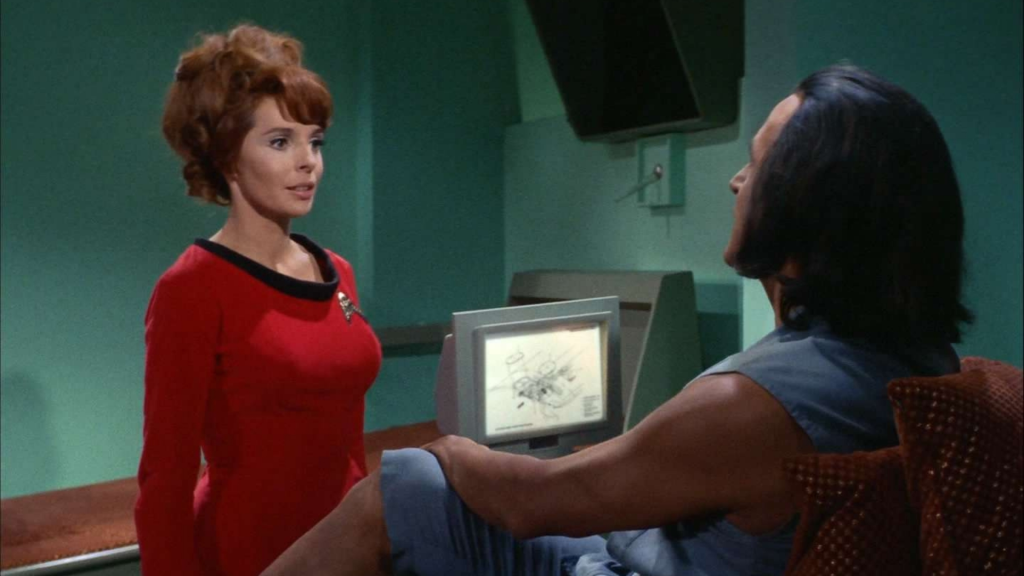
There’s no denying that “Space Seed” in Season 1 is one of The Original Series’ best and most important episodes. It did introduce Khan Noonien Singh after all, the genetically engineered superman who would later become one of the franchise’s greatest villains in Star Trek II: The Wrath of Khan. But it also introduced one of the most frustratingly written characters in TOS history: Lieutenant Marla McGivers, the ship’s historian who falls in love with the tyrant.
Played by Madlyn Rhue, McGivers was written as an intelligent woman fascinated by powerful historical figures; however, the execution turned that curiosity into an antiquated, submissive fantasy. Within a single episode, she goes from analyzing Khan to betraying her entire crew for him. Her attraction to his so-called commanding nature is portrayed as romantic rather than manipulative. While her loyalty to Khan would later become pivotal in Wrath of Khan, her portrayal in “Space Seed” is one of the most sexist in all of Trek. Many fans today believe McGivers deserved a more nuanced story, one that treated her fascination with history and power as a complex inner struggle, rather than a dated depiction of blind infatuation.
2) Ensign Pavel Chekov
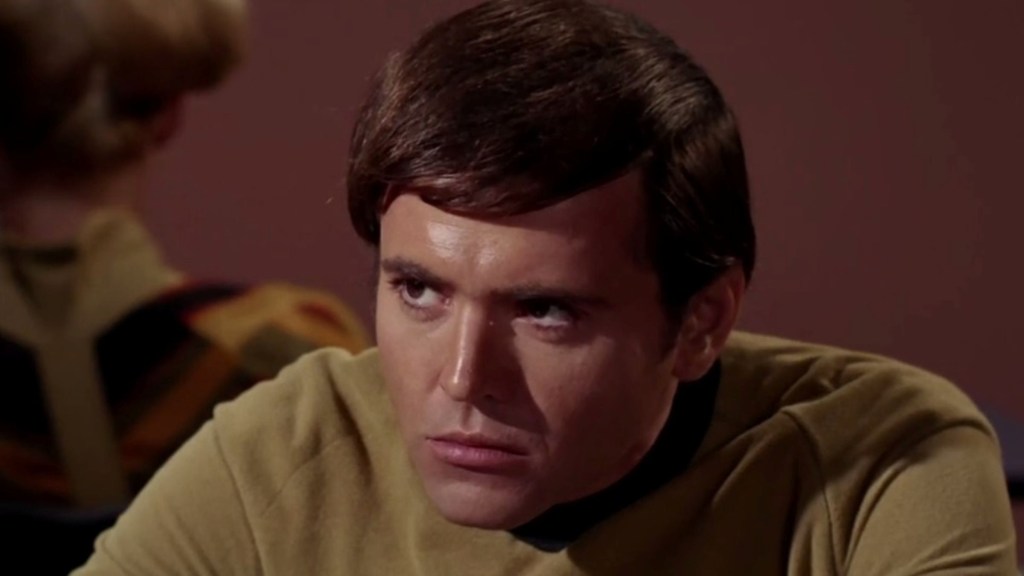
Introduced in Season 2 as part of an effort to appeal to younger viewers (and maybe snag a bit of that Monkees energy), Ensign Pavel Chekov was meant to bring youthful exuberance and humor to his recurring role on the Enterprise bridge. What we got instead was a Cold War stereotype with a mop-top. Chekov, played by Walter Koenig, was known for his thick accent, exaggerated patriotism, and the running gag that “everything was invented in Russia.” It was amusing the first few times, but then, according to many TOS fans, it got annoying. Many consider Chekov to be the worst of the main cast.
Despite Koenig’s enthusiasm and the character’s later redemption in the Trek films, Chekov in TOS often felt like a spare part on the bridge. In episodes like The Apple and Catspaw, he essentially executes one of three functions: to scream, flirt, or get knocked out. The writers rarely gave him much to do beyond being a one-note comic relief device. His exaggerated optimism also often undercut the more serious moments, making them feel hollow. He wasn’t always annoying, but he was painfully underdeveloped and always the butt of jokes. In a cast full of strong personalities, Chekov often felt like the whipping boy of Starfleet, and not much more.
1) Lazarus
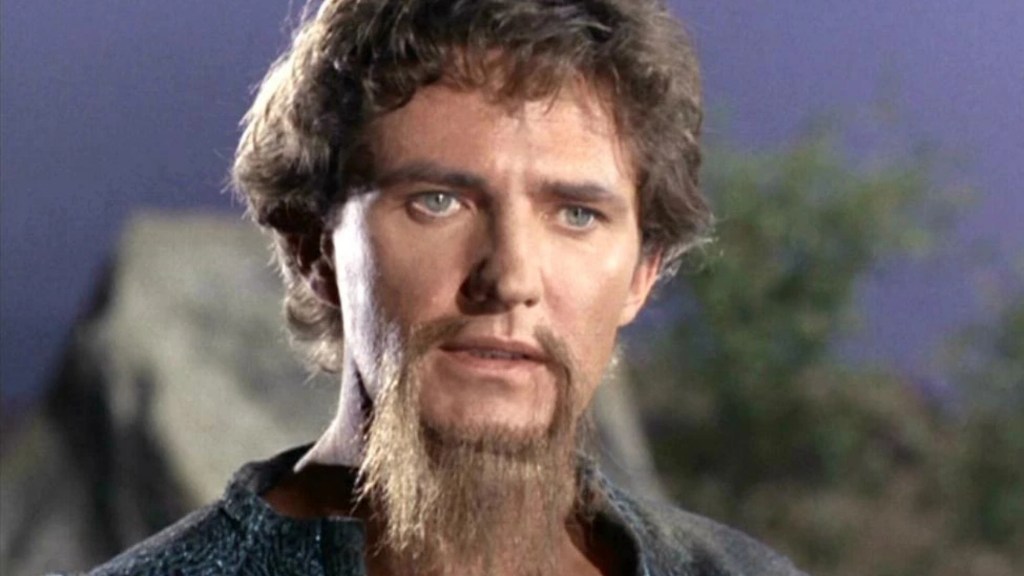
“The Alternative Factor” is among TOS’s weirder hours. Like a bad trip, it introduces Lazarus, a man who exists in two realities: one sane and one insane; he even battles his duplicate across universes. Played by Robert Brown (after actor John Drew Barrymore dropped out last minute), Lazarus is supposed to embody a tragic cosmic duality. Instead, he’s one of the most confusing and grating characters in the entire franchise.
Every time Lazarus appears, he’s shouting incoherently, clutching his head in agony, or staring off into space. Meanwhile, the episode’s insane editing tries to convince us we’re witnessing something profound. For an episode that could’ve probed identity lost to madness, it becomes nothing more than a repetitive slog of word salad and egregious beard continuity goofs. Brown does what he can, but Lazarus’s endless rambling and the episode’s nearly unwatchable pacing turn him into a parody. To this day, “The Alternative Factor” is widely cited as one of the worst episodes in the series, and Lazarus himself remains a prime example of how Trek can go wrong when ambition outpaces execution.
Do you think Chekov deserves the hate he gets among fans? Leave a comment below and join the conversation now in the ComicBook Forum!
The post 3 Worst Star Trek: The Original Series Characters We’ll Never Forget appeared first on ComicBook.com.



